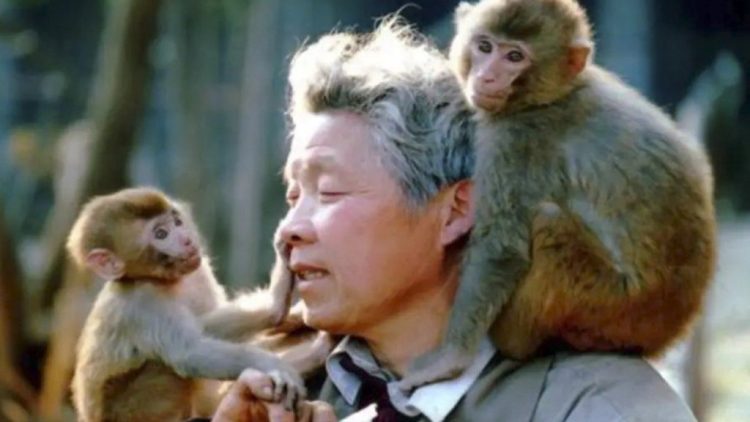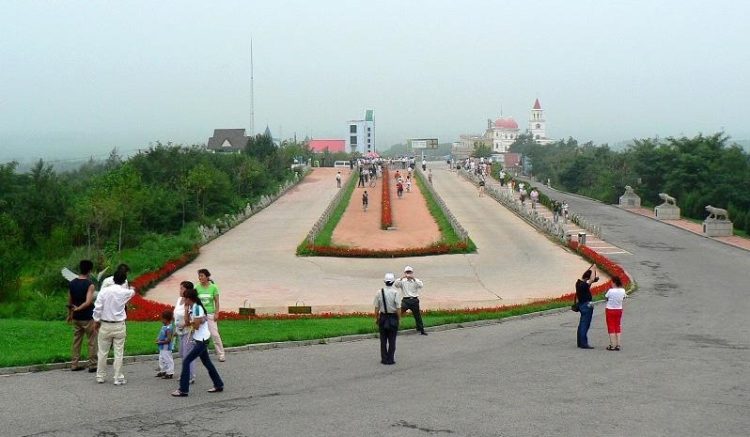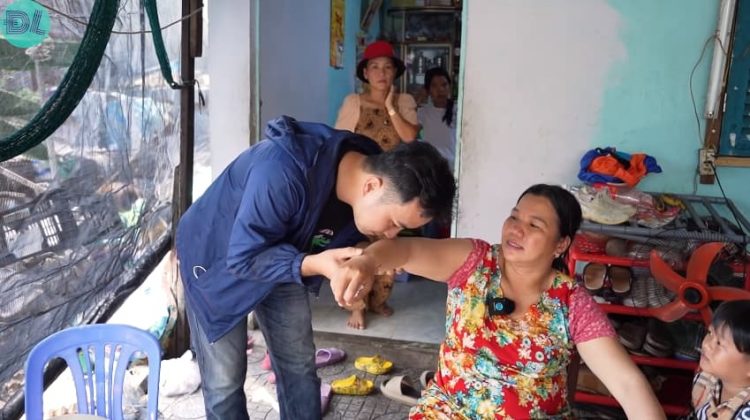Panzhiga, a remote mountainous village in China’s Yunan Province has been dubbed “Tesla Village” for the unusually high number of Tesla electric cars owned by the locals.
The popularity of electric cars around the world is growing at an unprecedented pace, but there are still many skeptics who believe the rapid adoption of electric vehicles is hampered by infrastructure and logistic problems. For example, while rapid charging stations are being built in cities and along busy roads, using an electric car in remote areas is considered inefficient. However, that theory is being challenged by a small mountainous village in China where Tesla is by far the most popular car brand.





















